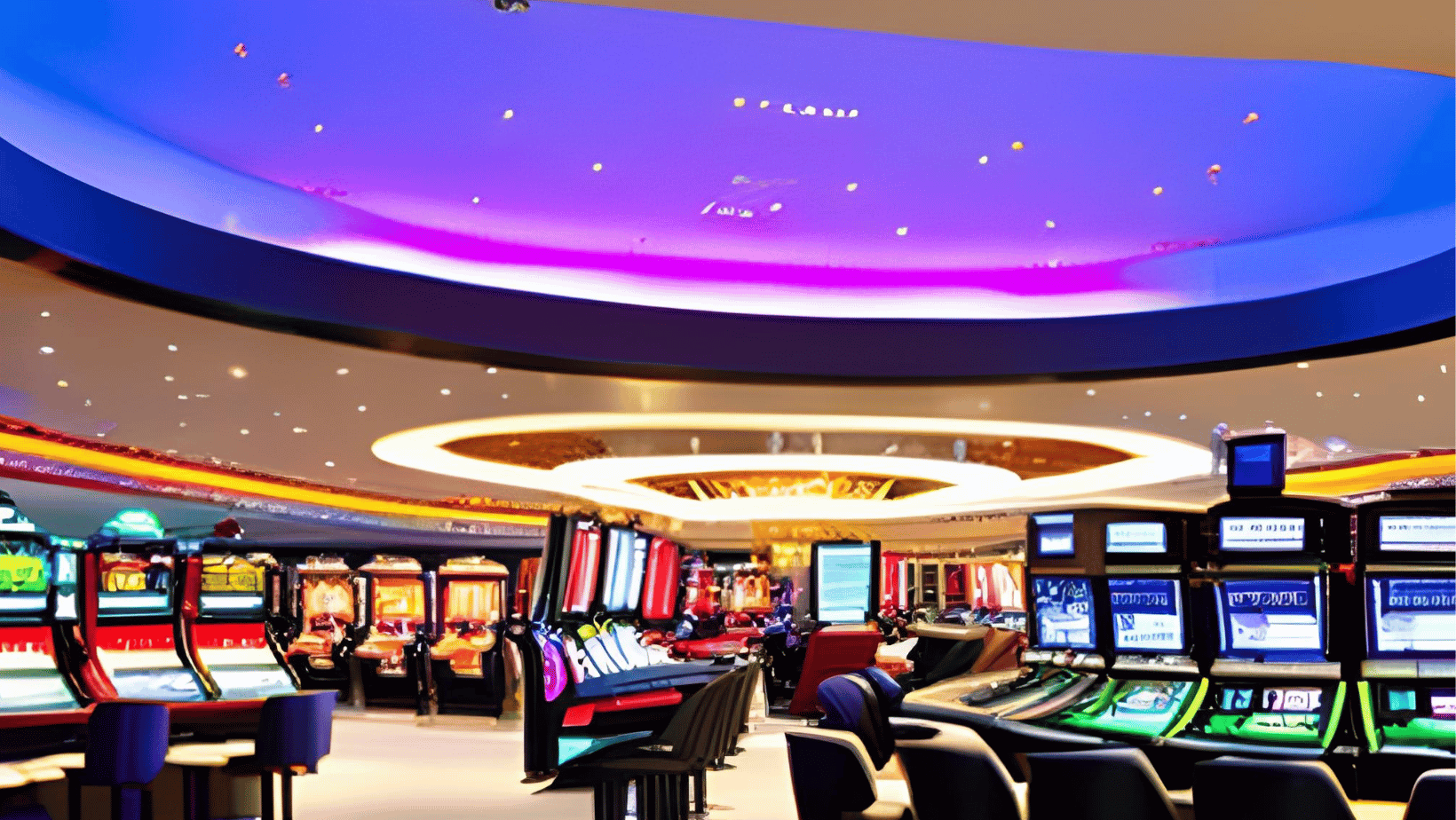
The realm of entertainment has seen numerous transformations over various decades, but few have captured the imagination and thrill of gamers quite like casino games. Originating in from the bustling halls of Las Vegas, Nevada and Atlantic City, these entertainments have spilled over boundaries and societies, becoming a worldwide phenomenon. From the bright lights of a mega-resort to the comfort of virtual platforms, the allure of gambling games is undeniable, drawing millions into a world of luck and strategy.
As an increasing number of nations embrace gambling in multiple ways, the influence of American casino games is clear. They have not only shaped local gambling markets but have also inspired countless adaptations and innovations worldwide. Classic games such as the poker and the blackjack, along with modern variations, have created a shared language of entertainment that connects across diverse populations. The combination of risk, reward, and social engagement found in these activities fosters a distinct sense of community, further cementing their place in the international entertainment landscape.
Historical Overview of U.S. Gambling Games
U.S. casino gambling activities have a rich and varied past that reflects the societal development of the United States. The beginnings of these activities can be linked back to various Europe’s gambling traditions introduced over by settlers. Games like poker, the blackjack game, and roulette worked their way into the fabric of American culture in the 19th century, achieving fame in saloons and riverboats. These places offered the perfect backdrop for community interaction and rivalry, establishing a strong basis for casino gaming as we recognize it today.
As the nation expanded to the west, gaming developed in tandem with it. The gold rush era in the mid1800s saw the rise of gambling towns such as Deadwood, South Dakota and Tombstone, where games were played with big bets, often accompanied by an air of disorder. This period paved the way for the establishment of casino gambling in the beginning of the 20th century, especially with the establishment of Las Vegas, Nevada as a gaming hotspot. The construction of lavish casinos transformed the gaming landscape, establishing an environment where games could flourish and attract visitors from around the world.
In recent decades, the approval of casino gaming in various states has further diversified the variety of activities available. U.S. casinos now offer a combination of classic games and innovative options that cater to modern players. This expansion has enabled for a unique blend of traditional and newfangled, facilitating the ongoing development of casino culture in America. The global impact of these games has also led to their incorporation into international gaming markets, demonstrating the lasting influence of American casino games around the world.
Global Popularity and Impact
The rise of American casino titles has marked a significant shift in the international gambling landscape. With their attraction crossing borders, these titles have captivated players around the globe. From Texas Hold’em tournaments to slot machines, American styles have established a place in many international casinos. This transfer of culture emphasizes how adaptable and engaging these titles are, adapting to local preferences while maintaining their classic U.S. charm.
Additionally, the impact of these titles goes beyond traditional gambling establishments. F168 Digital platforms have played a pivotal role in promoting U.S. casino titles, making them accessible to players worldwide. The convenience of online gaming has brought millions to opportunities that were once limited to brick-and-mortar casinos. Players can now enjoy their favorite titles from anywhere, creating a fresh wave of excitement and growing the gamer base considerably.
This global acceptance is also reflected in the incorporation of American casino titles into local cultures. Countries that have embraced these titles often organize their own adaptations and competitions, blending local traditions with U.S. gambling traditions. This fusion not only enhances the gaming experience for participants, but it also highlights the powerful influence that U.S. casino games have on both leisure and social interaction across various societies.
Cultural Adjustments and Innovations
Gambling games have undergone major evolutions as they spread across various cultures. Each region has absorbed elements of American gaming while infusing its own customs and habits. For instance, the rise of digital casino sites has allowed for the inclusion of local character into classic titles like Texas Hold’em and blackjack. Gamblers now experience versions that incorporate regional wagering styles and distinct rules, making the games more accessible and inclusive for varied crowds.
In numerous countries, the appeal of casino games has resulted to the development of localized editions that reflect cultural aspects and stories. This adaptability has paved the way for innovative game development that resonates with players on a individual basis. Slot machines, for example, now feature imagery and sounds that honor local heritage, folklore, and popular culture, which in turn enhances the gaming experience and fosters a sense of community among gamblers.
Furthermore, the global impact of American casino games has led to new game styles and hybrid formats. Some establishments have combined traditional gambling with amusement elements, such as live shows or engaging tech, resulting in a more engaging experience. These developments not only draw a broader audience but also ensure that the essence of gambling continues to progress, bridging gaps between diverse communities while preserving the thrill that casino games are known for.